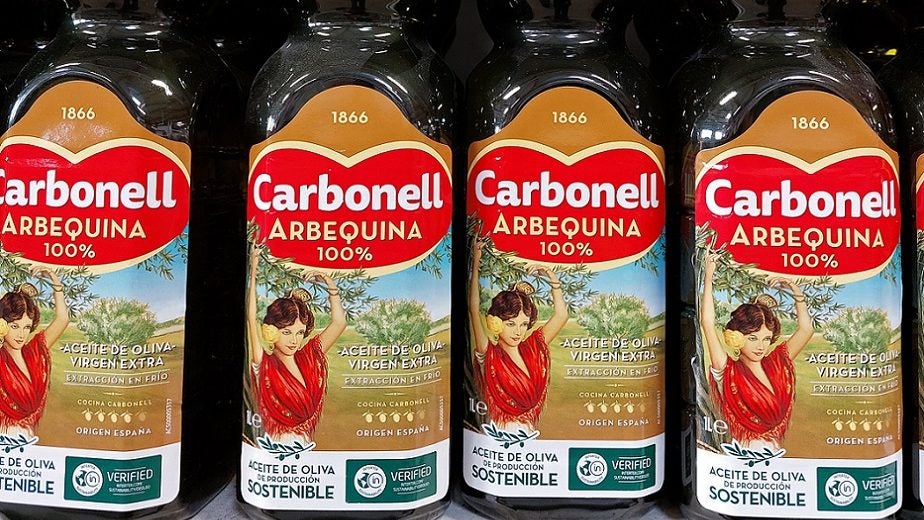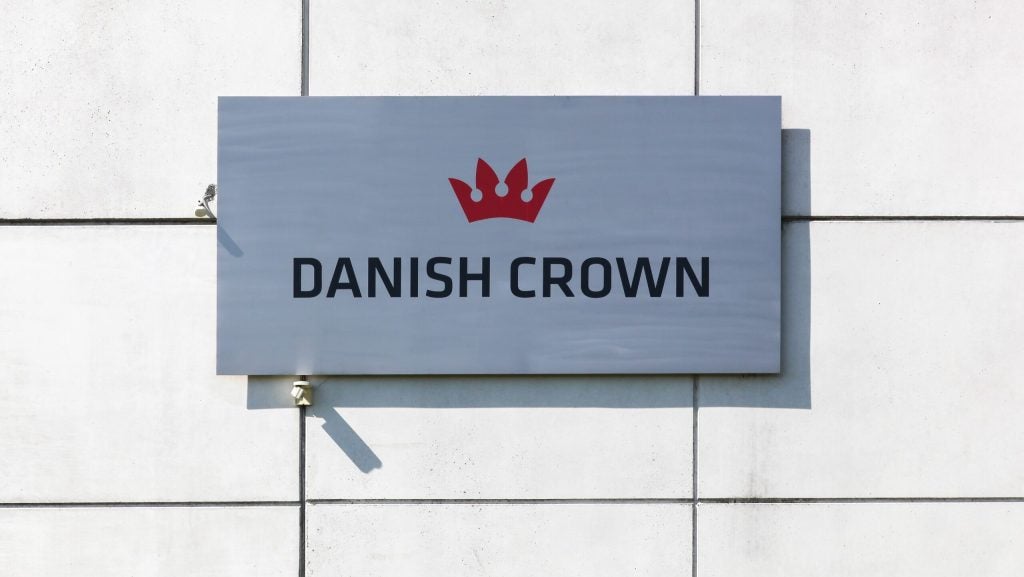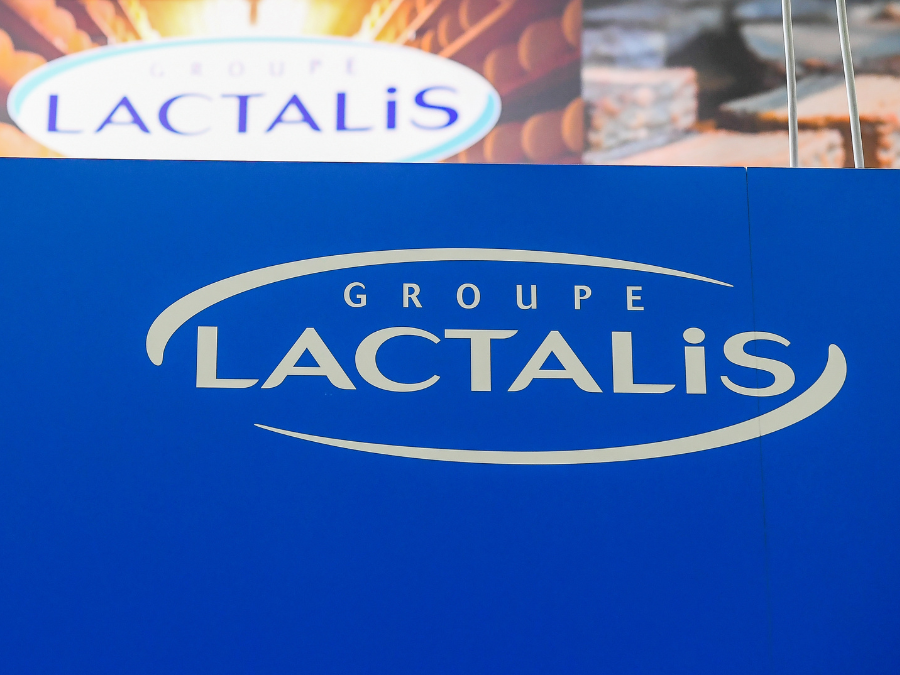
Australia’s Weis Bars has built up a presence across much of Asia with its real-fruit based ice cream range and now the Queensland-based company is eyeing the Chinese market. We catch up with co-owner Julie Weis who tells us why Weis Bars is ready for a launch into China and how the company is looking to increase its presence back home.
| BITESIZE STATISTICS | |
|---|---|
| Name: | Weis Bars |
| Brands: | Weis Bars |
| Products: | Ice cream bars; sorbets; frozen yoghurt; premium ice cream tubs |
| Markets: | Australia, Japan, US, Taiwan, Singapore, Korea, Malaysia |
| Founded: | 1957 |
just-food: Today, around 30% of Weis bars business is outside Australia. Is this purely via exports?
Julie Weis: Yes. Everything comes out of our production facility in Toowoomba. We work out of [this one] facility so each ice cream bar you buy in America or Taiwan or on a Qantas flight going to the UK will taste the same. One of the reasons we try and keep production in this facility is because we use a huge proportion of local fruit.
j-f: Which markets do you export to?
Weis: Japan, we started there around 20 years ago. Our biggest export market is the USA. We also export into Taiwan, Singapore, Korea and Malaysia.
See Also:
j-f: What have been some of the challenges in exporting to Asia?
How well do you really know your competitors?
Access the most comprehensive Company Profiles on the market, powered by GlobalData. Save hours of research. Gain competitive edge.

Thank you!
Your download email will arrive shortly
Not ready to buy yet? Download a free sample
We are confident about the unique quality of our Company Profiles. However, we want you to make the most beneficial decision for your business, so we offer a free sample that you can download by submitting the below form
By GlobalDataWeis: Our biggest opportunity for growth given we’ve got a unique product with universal appeal is to go to export markets and particularly markets that have opposite seasons to ours so that we can make the best use of our factory throughout the year. Most our products have a 12-18 month shelf life; as long as the cold chain is maintained and robust, we don’t have a problem. But we are very careful before we go into a country and choose retailers and distributors that we have confidence in whose cold chain is robust.
j-f: China is the next market you’re targeting. When do you plan to be on shelf?
Weis: We’d like to have been there yesterday! We are just working through all the regulations and with specific retailers to get the products through the Chinese food regulatory authorities and that’s taking some time. But we’ve made the visits and targeted the retailers we thought were appropriate. We are targeting the next Australian summer.
j-f: Trying to break into China, has it worked in your favour that you already have a strong presence across Asia?
Weis: Yes, and I think its worked in our favour that we have such a long history of exporting. Retailers have confidence we know what to do because with frozen product, it is something that requires a lot of attention to detail and confidence from retailers that they’re not going to have problems clearing the product from customs and so on.
j-f: What is attractive about the Chinese ice cream market? 2014 data from Mintel has revealed China has overtaken the US as the world’s biggest ice cream market. Why is ice cream becoming such a popular product there?
Weis: In Australia is a very high per capita consumption of ice cream. A lot of the Asian countries don’t have that – they have the population but don’t eat as much ice cream. China has a large population but also ingredients like mango and Australian macadamia nuts are very popular flavours in China. Also, everything that is very western and popular, particularly luxury, high-end items are being taken on board by the Chinese consumer. Ice cream is such a westernised, indulgent product, it just shows they want to participate in everything.
j-f: How are you sure your product will succeed in the Chinese market?
Weis: We have a very simple and unique product range. We have a small number of customers so our business is simple and efficient to run and we can focus on the things we really do best. In export there’s a great temptation when someone wants to purchase product from you that you supply it without going into the detail of what they are going to do with it and how successful it could be long term. We’ve sort of been there and done that. Now we want to really spend our time effectively and choose customers that are going to be successful and profitable in the long term. When we decide to go into a country we will look at the pricing in the market, how the market is segmented in our area, whether there is an opportunity for our product to be unique and size of the market. If we are going to do it properly we want it to be worth our while.
j-f: With a presence in a number of Asian markets, would having an overseas plant be a consideration?
Weis: No what we can do out of our factory in Toowoomba is what we can do. Our product is so dependent on local fruit. We’ve just built a new facility beside the old one and now have huge capacity to supply out of there, it started production this year. That that will provide our growth for many years to come.
j-f: How about your presence in Australia? How do you plan to expand your domestic business?
Weis: We have a presence throughout all the states and are in all the major retailers and in the convenience chains too. In Australia we have very big route-to-market with some thousands of milk bars and we have distribution throughout all of those too. Probably the only foodservice we do is Qantas.
j-f: Do you have plans to increase your foodservice presence?
Weis: We would love to develop our foodservice business. Now that we have our [additional] factory ready to go, that is one area to work on. One of the things about our food products – which we don’t promote to consumers but is inherent to the nature of it – is we don’t try to put anything unnatural in it, it’s simple with no artificial colours and low calorie. So we think there is a lot of potential for hospitals. In those segments we could market the healthy benefits of the product which we wouldn’t tell general consumers about – ice cream for general public is about fun. We are actually about to go into our next round of strategic planning – we’ve just come to the end of a five year plan – export is the main focus, foodservice will potentially be year two.
j-f: Who is your biggest competition in the market? And how is Weis positioned to tackle this challenge?
Weis: Although we have all the major brands in Australia – Unilever brands are here, all the Nestle ice cream brands are here – our research suggests our product is unique. I mean any ice cream product will compete with another for freezer space. In terms of a direct competitor there isn’t another because our products are so flavour driven and they have this unique format. Most of the fruit-based products are just juice-based water ices – it’s almost like an alternative to juice or water. Our product is very dense in texture, it’s made of fruit pulp not juice and has this rich strip of cream in it so it delivers healthy indulgence. That’s where our positioning is quite unique.
j-f: Today’s consumer is paying more attention to what goes into their food products in a bid to be “healthy”. Is this something you’re finding you’ve had to conform to?
Weis: We’ve always been based on the concept of fruit salads and cream since we started out. Because of the high fruit content and the very true fruit flavour, we’ve always had that healthier halo through our product range. We’ve continued to develop fruit products and bring other products like sorbet into the range. As consumers become more interested in healthier products we’ve been lucky we had that positioning from the start. But we still do firmly believe that ice cream products are a treat and little treats are good as part of a healthy balanced diet. Things like portion control are important; health can be low fat, low calorie but can also be positive, it can taste really nice. I think we’ve been lucky we had that positioning and the trends have sort of caught up with us to an extent but it becomes a difficult territory if you try to talk about ice cream being healthier – it’s a treat, it should be something you can say ‘”I’ll just have a little of this.”
j-f: Has that “healthy halo” somewhat contributed to sales?
Weis: I think it has, it’s helped us over the years to grow. I guess we just don’t quantify it like that because we don’t promote like that. As a private company we don’t share turnover but in terms of growth, we have doubled sales over the past five years. We would expect sales to grow about 15% in the next three years.
j-f: Any plans you can share in terms of NPD?
Weis: We’re always rotating flavours, looking for the next exciting flavour. We are always trying to innovate. We are now looking at launching locally a Mini Treats range as an after-dinner treat. They will be in lovely indulgent flavours – vanilla bean cream, salted caramel, dark Bberries – are all ingredients we are looking at at the minute. The launch will be domestic and during the Australian summer so should be on shelves around September.






